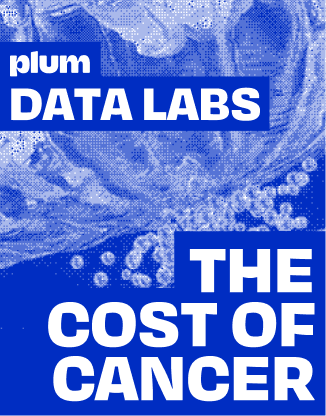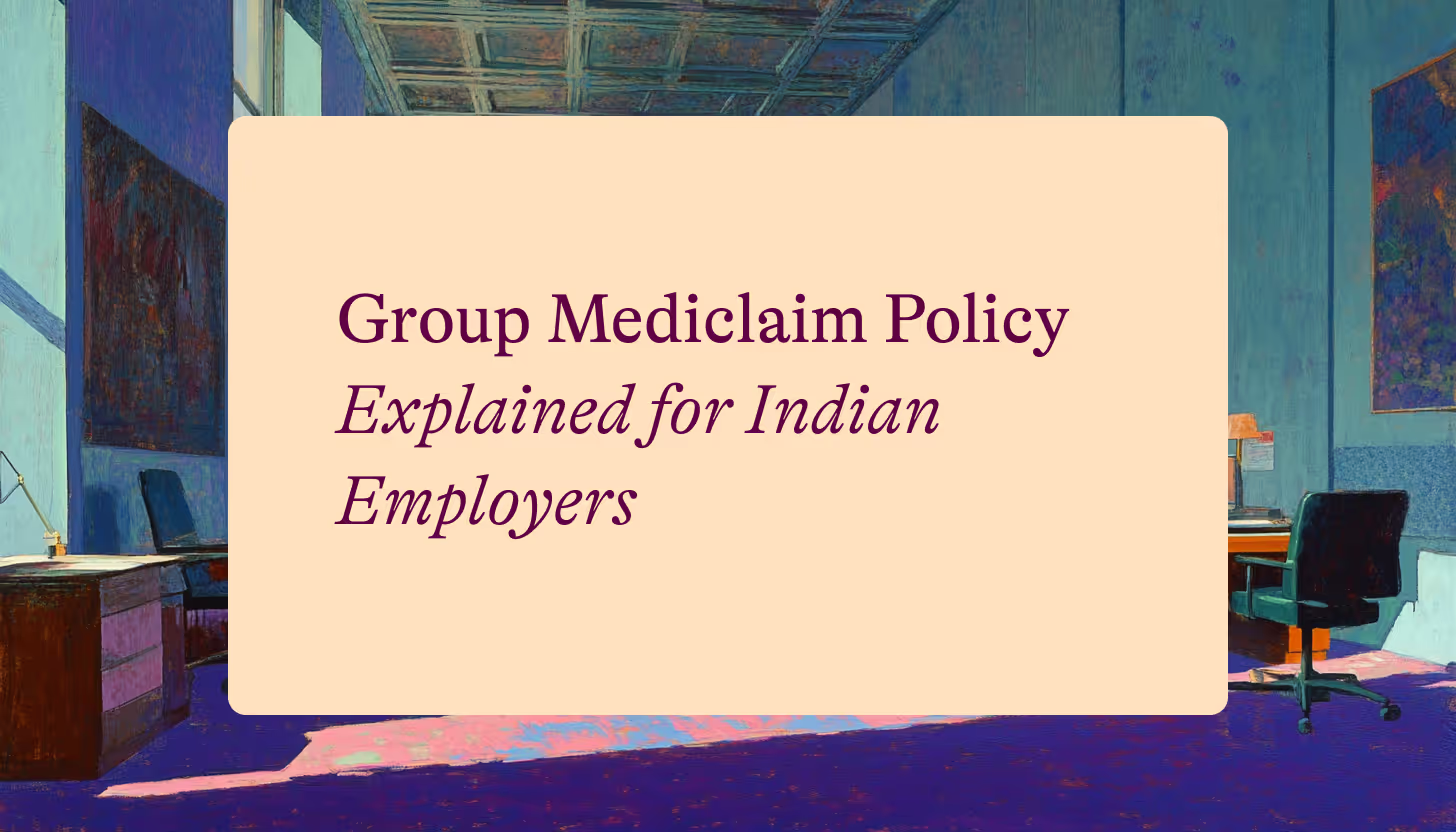Comprehensive Introduction to Group Insurance Policies
Group insurance policies are essential tools for organisations seeking to provide their employees with comprehensive health and accident coverage. These policies are tailored to cover a group of individuals under a single contract, offering numerous benefits including lower premiums, simplified administration, and enhanced employee satisfaction.
Understanding Group Mediclaim Policy (GMC)
A Group Mediclaim Policy (GMC) provides health insurance coverage to a group of people, typically employees of a company, under a single policy. It covers medical expenses incurred due to illnesses, surgeries, and hospitalisation, ensuring that employees receive timely medical care without financial stress.
Understanding Group Personal Accident Insurance (GPA)
Group Personal Accident Insurance (GPA) offers financial compensation to employees or their beneficiaries in the event of an accident resulting in injury, disability, or death. This type of policy is designed to provide financial protection and support during unexpected accidents, covering expenses related to accidental death, dismemberment, and temporary or permanent disability.
Detailed Analysis of Group Mediclaim Policy (GMC)
Coverage and Features
Group Mediclaim Policies offer extensive health coverage, ensuring employees and their families are protected against high medical costs. Key features include:
- Inpatient Hospitalisation: Covers expenses for hospital stays, including room charges, doctor fees, and surgery costs.
- Day-Care Procedures: Covers procedures that do not require an overnight hospital stay.
- Pre and Post Hospitalisation: Expenses incurred before and after hospitalisation, such as diagnostic tests and follow-up visits.
- Ambulance Charges: Covers costs of emergency ambulance services.
- Cashless Facility: Offers cashless treatment at network hospitals, eliminating the need for upfront payment.
- Maternity Benefits: Some policies include coverage for maternity expenses.
Eligibility and Enrollments
- Employee Coverage: Typically, all full-time employees are eligible.
- Dependents: Often extends to spouses, children, and sometimes parents.
- Enrollment Process: Usually conducted during the hiring process or an annual open enrollment period.
{{group-insurance-quote="/web-library/components"}}
In-Depth Exploration of Group Personal Accident Insurance (GPA)
Coverage and Features
Group Personal Accident Insurance offers protection against financial losses resulting from accidents. Key features include:
- Accidental Death: Provides a lump sum payment to the beneficiary in case of the insured’s accidental death.
- Permanent Total Disability: Lump sum payment if the insured suffers permanent total disability due to an accident.
- Permanent Partial Disability: Compensation for permanent partial disabilities based on the extent of the injury.
- Temporary Total Disability: Weekly compensation for temporary total disability that prevents the insured from working.
- Accidental Medical Expenses: Covers medical expenses resulting from an accident.
- Additional Benefits: May include coverage for funeral expenses, education fund for children, and transportation of mortal remains.
Eligibility and Enrollments
- Employee Coverage: Available to all full-time employees.
- Enrollment Process: Typically handled during the onboarding process or annual enrollment periods.
- No Health Check-Up: Unlike health insurance, GPA usually does not require health check-ups for enrollment.
Key Differences Between GMC and GPA Policies
Scope of Coverage
- GMC: Covers medical expenses related to illnesses, surgeries, and hospitalisations.
- GPA: Provides financial compensation for injuries, disabilities, or death caused by accidents.
Premium Calculations
- GMC: Premiums are based on factors such as the number of employees, their ages, and the extent of coverage.
- GPA: Premiums are generally lower and based on the risk of accidents associated with the job and the sum insured.
Beneficiary Impact
- GMC: Benefits are primarily for the insured employees and their dependents, covering medical treatment costs.
- GPA: Benefits are more focused on providing financial support to the insured or their beneficiaries in case of accident-related injuries or death.
{{group-insurance-quote="/web-library/components"}}
Evaluating Applicability: When is Each Plan Most Suitable?
Situations Where GMC is Preferable
- Comprehensive Health Needs: Ideal for covering routine and emergency medical expenses.
- Family Coverage: Suitable when coverage for dependents is a priority.
- Chronic Conditions: Beneficial for managing long-term health issues and regular medical care.
Situations Where GPA Takes the Lead
- High-Risk Jobs: Essential for employees in high-risk occupations where the likelihood of accidents is higher.
- Supplementary Coverage: Acts as an additional layer of protection alongside health insurance.
- Financial Security: Provides critical financial support in the event of accidental death or disability.
Benefits to Organizations: Aligning Policies with Employee Welfare
Boosting Employee Morale and Productivity
- Security and Peace of Mind: Employees feel more secure knowing they have robust health and accident coverage.
- Increased Loyalty: Comprehensive benefits enhance employee loyalty and reduce turnover.
- Health and Well-Being: Healthy employees are more productive and contribute positively to the workplace environment.
Legal Compliance and Financial Advantages
- Regulatory Compliance: Ensures adherence to statutory requirements related to employee welfare.
- Tax Benefits: Premiums paid by the employer may be tax-deductible.
- Cost Management: Group policies often come at a lower cost per employee compared to individual plans.
{{group-insurance-quote="/web-library/components"}}
Navigating the Purchase Process: Tips for Employers
Selecting the Right Insurance Partner
- Reputation and Reliability: Choose insurers with a strong reputation for reliability and excellent customer service.
- Claims Settlement Ratio: Look for insurers with high claims settlement ratios to ensure efficient processing of claims.
- Network Hospitals and Clinics: Ensure the insurer has a wide network of hospitals and clinics for cashless treatments.
Assessing Needs vs Offers
- Employee Needs Assessment: Conduct surveys or meetings to understand employees' health and accident coverage needs.
- Customised Plans: Look for insurance plans that can be tailored to fit the specific requirements of your workforce.
- Comprehensive Coverage: Ensure the plans provide extensive coverage, including add-ons like maternity benefits, wellness programs, and accident covers.
Frequently Asked Questions (FAQs)
Q1. When should I opt for a Group Mediclaim plan for my employees?
- New Hire Onboarding: Ideally, during the onboarding process for new hires to ensure immediate coverage.
- Open Enrollment Periods: During annual open enrollment periods to allow all employees to review and adjust their coverage options.
Q3. Is a Group Mediclaim plan cheaper than an individual health insurance policy?
- Economies of Scale: Generally, yes. Group plans benefit from lower premiums due to the larger risk pool and the collective bargaining power of the employer.
Q5. How is a premium calculated for Group Mediclaim policy and Group Personal Accident insurance plans?
- Group Mediclaim Policy: Based on factors such as the number of employees, their ages, medical histories, and the level of coverage selected.
- Group Personal Accident Insurance: Primarily based on the risk associated with the job, the number of employees covered, and the sum insured.
Q4. Can I have a Group Mediclaim plan and an individual health insurance policy both at the same time?
- Complementary Coverage: Yes, having both can provide comprehensive coverage, with the group plan covering routine medical expenses and the individual plan offering additional benefits and coverage limits.
Critical Considerations: Tailoring Insurance Plans to Your Workforce
- Demographic Analysis: Assess the age, health status, and family needs of your employees to tailor the insurance plans accordingly.
- Coverage Gaps: Identify and address any gaps in coverage to ensure comprehensive protection for all employees.
- Communication and Education: Clearly communicate the benefits and coverage details to employees, ensuring they understand how to utilise their insurance plans effectively.
{{group-insurance-quote="/web-library/components"}}
Concluding Insights: Making an Informed Choice in Today's Dynamic Workplace
Understanding the differences between Group Mediclaim Policies and Group Personal Accident Insurance is crucial for making informed decisions that benefit both the employer and the employees. While GMC provides comprehensive health coverage, GPA offers essential financial protection in case of accidents. By aligning these policies with employee needs and business goals, employers can enhance employee welfare, boost morale, and ensure regulatory compliance.
For further guidance on implementing and managing group insurance plans, explore the resources and expert advice available on PlumHQ.com.
.avif)










.avif)














